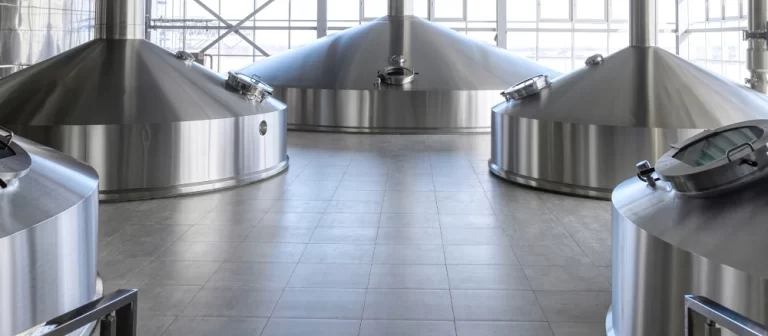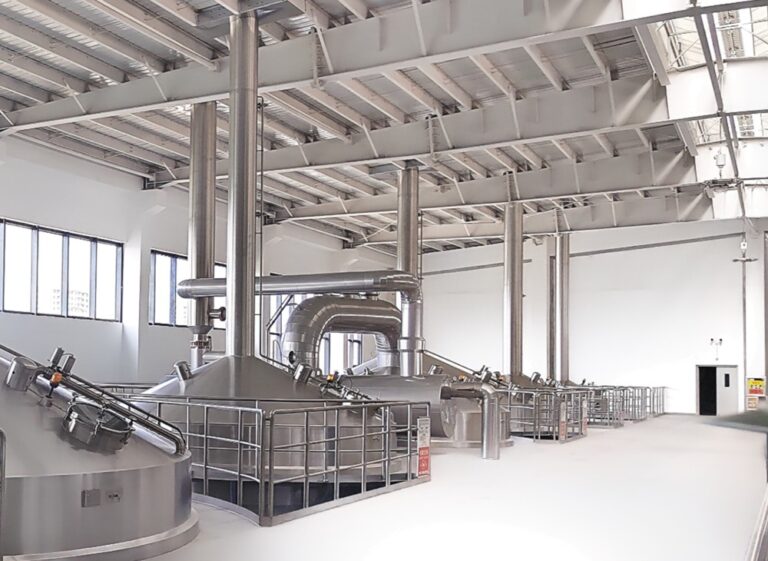Using Programmable Logic Controllers (PLCs) in a brewery offers several advantages, as these devices provide a centralized and flexible control system for various processes. Here are some of the advantages of using PLC control in a brewery:

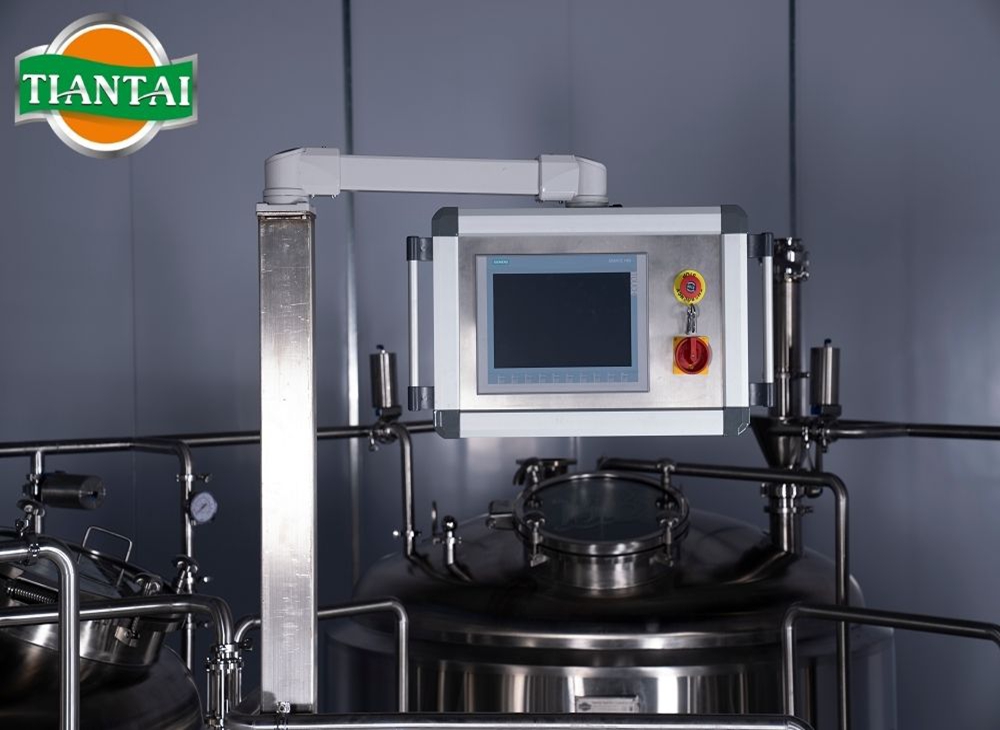
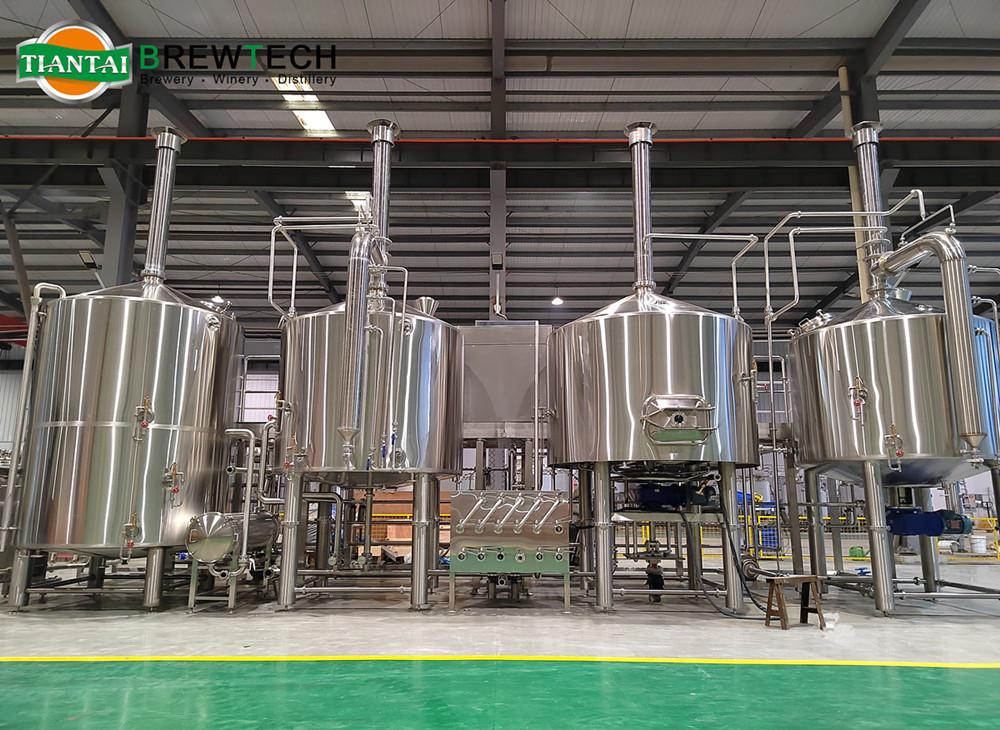
—Automation and Process Control:
PLCs enable the automation of various processes in a brewery, such as temperature control, fermentation, and filling operations. This leads to more consistent and precise control over the brewing process, resulting in high-quality and reproducible products.
—Flexibility and Adaptability:
PLCs are highly flexible and can be easily reprogrammed to accommodate changes in the brewing process or to introduce new recipes. This flexibility allows breweries to adapt to evolving market demands and experiment with different brewing techniques.
—Reduced Human Error:
Automation through PLCs helps in minimizing human errors that may occur during manual control of brewing processes. This leads to improved product quality and reduces the likelihood of costly mistakes.
—Data Logging and Monitoring:
PLCs can collect and log data from various sensors and instruments in real-time. Breweries can use this data to monitor and analyze the brewing process, making it easier to identify inefficiencies, troubleshoot issues, and optimize production.
—Energy Efficiency:
PLCs can optimize the use of energy in the craft brewery by controlling heating, cooling, and other processes more efficiently. This can result in cost savings and a reduced environmental impact.
—Integration with Other Systems:
PLCs can be integrated with other control systems and enterprise-level software, such as Manufacturing Execution Systems (MES) or Supervisory Control and Data Acquisition (SCADA) systems. This integration improves overall coordination and communication between different components of the commercial brewery.
—Remote Monitoring and Control:
PLCs allow for remote monitoring and control of brewery processes. Brewers can access and adjust settings from a central control room or even remotely, enhancing operational efficiency and responsiveness.
—Maintenance and Diagnostics:
PLCs often include diagnostic tools that can help identify and troubleshoot issues quickly. This aids in proactive maintenance, reducing downtime and improving the overall reliability of the beer equipment.
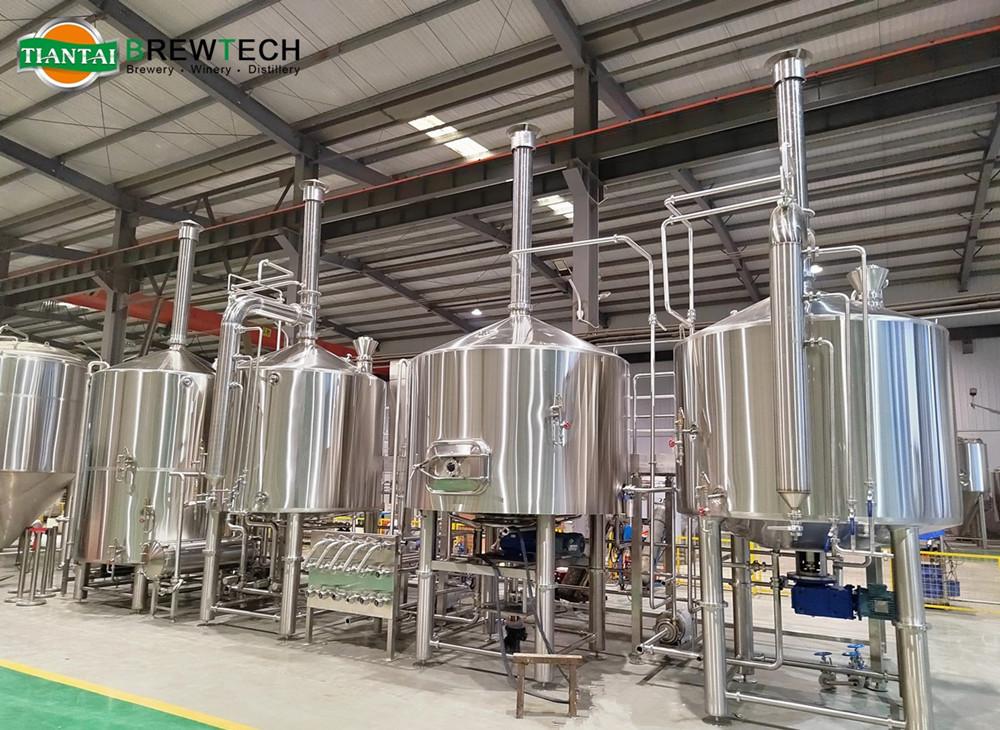
Although the initial investment in PLC systems can be high, the long-term benefits—such as lower labor costs, greater efficiency, and consistent product quality—often justify the expense.
In short, integrating PLC control into brewery operations offers a reliable and efficient way to manage the brewing process, resulting in better consistency, higher quality, and smoother production.
Want to learn how Tiantai Beer Equipment can help you craft flavor-rich beers while optimizing your setup, maximizing uptime, and minimizing beer loss? Don’t hesitate to get in touch with us!
Hubert
Email: [email protected]

